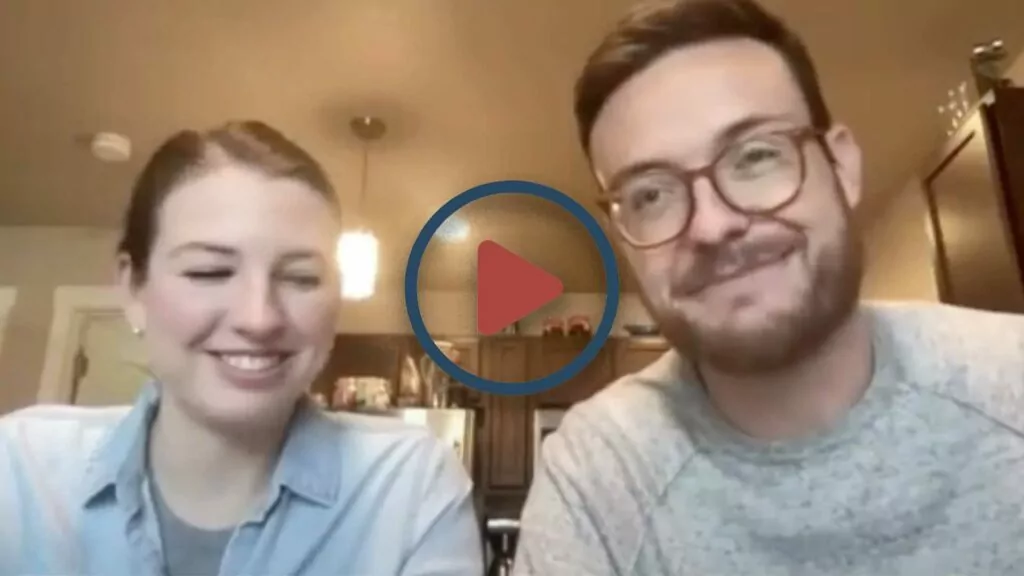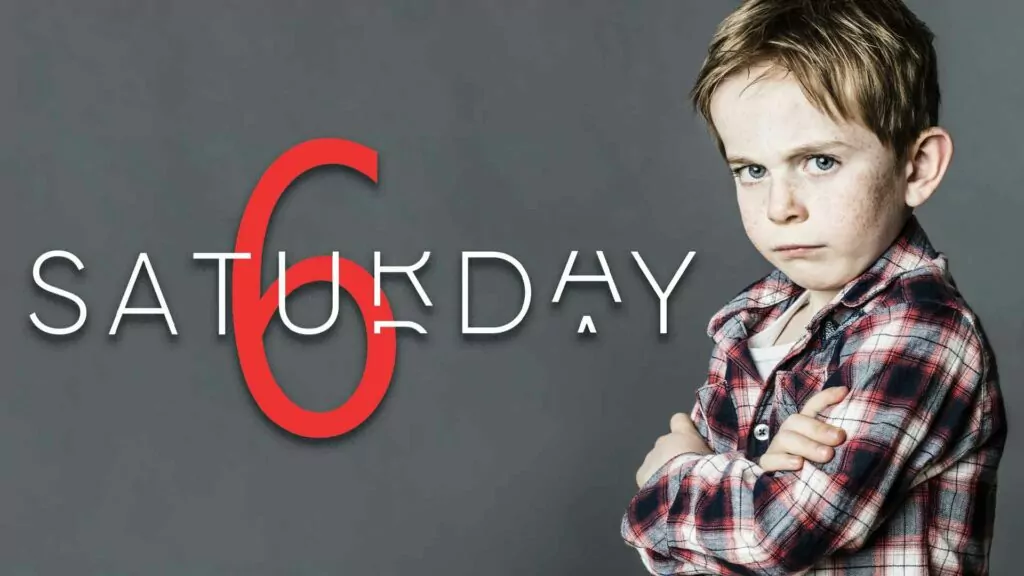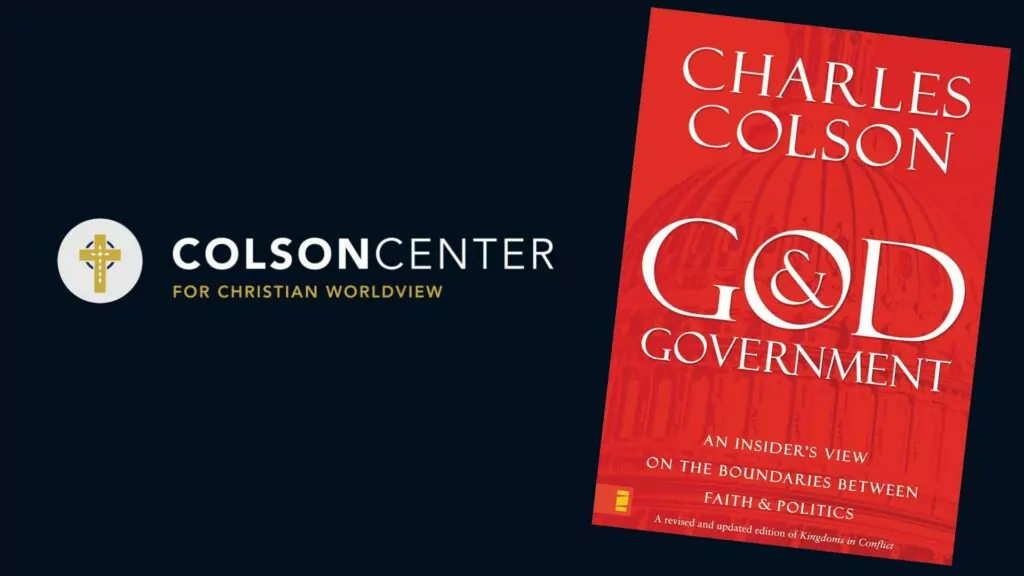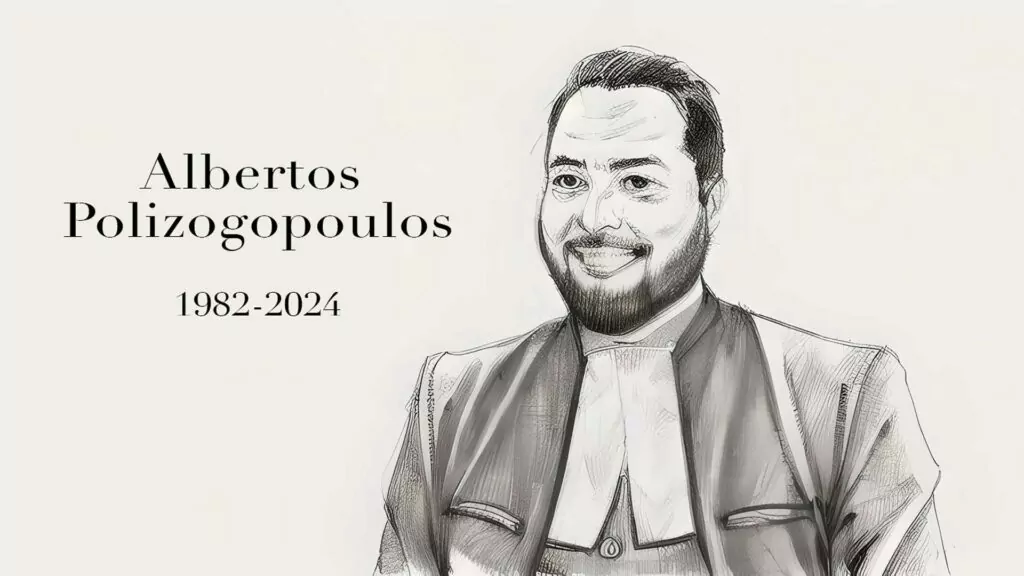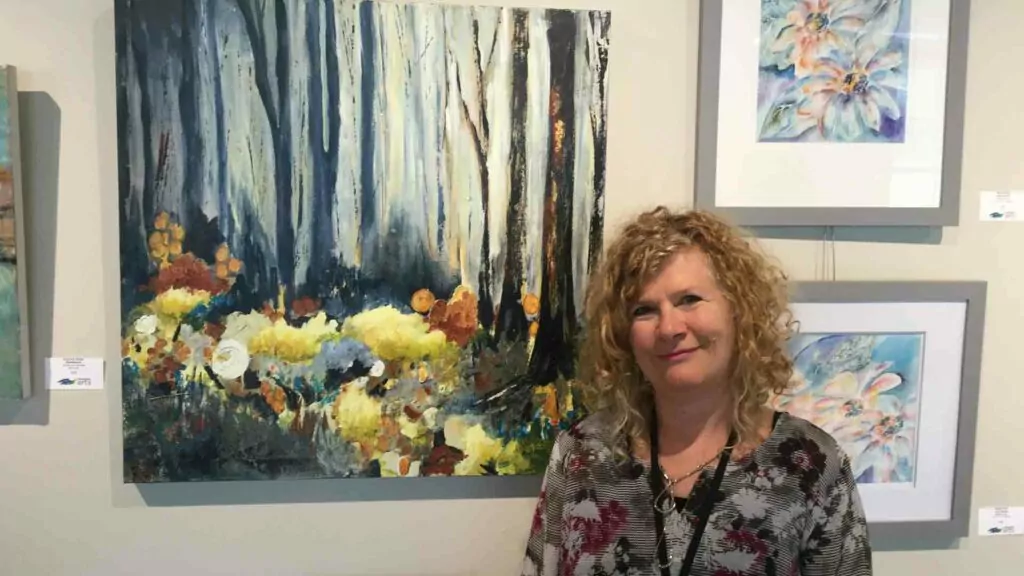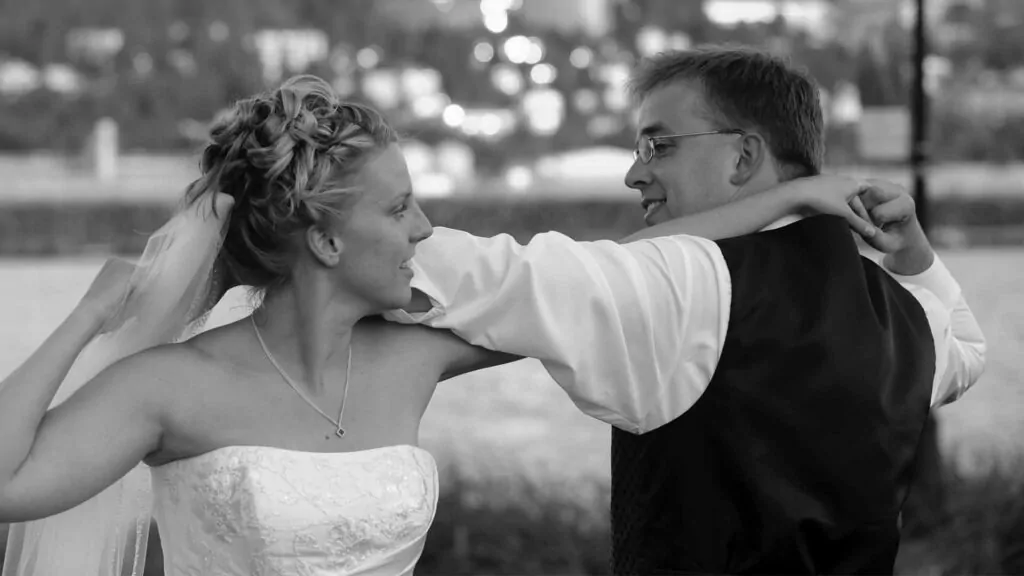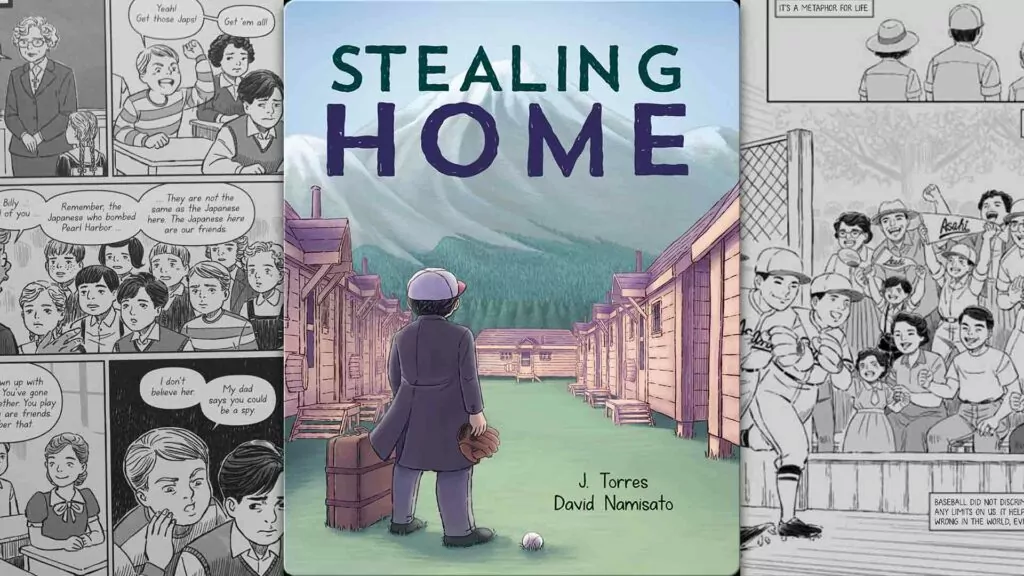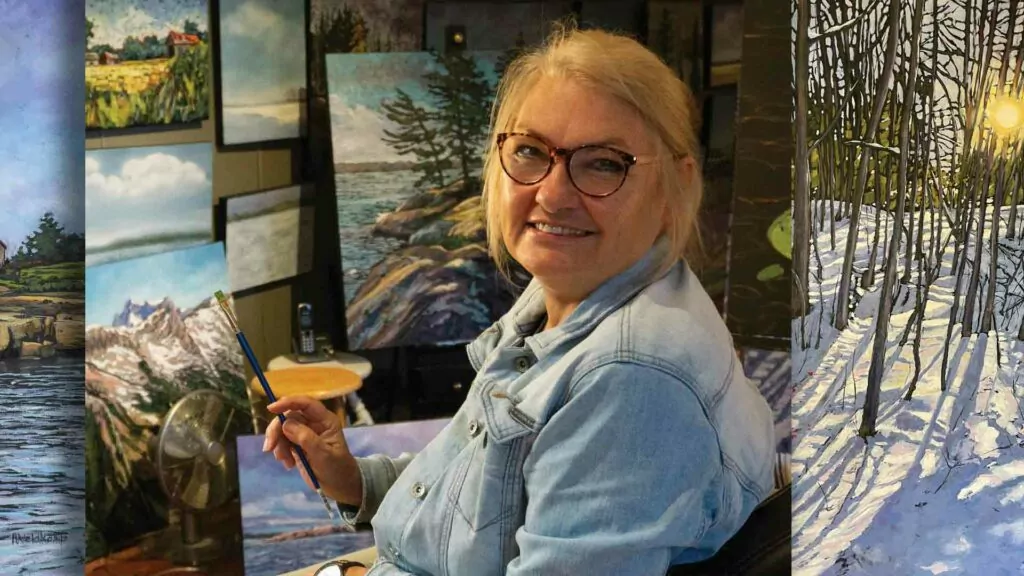Help for the anxious and those who struggle with measuring up
Last summer, in an issue of this magazine devoted to the topic of anxiety, I shared my own struggle with burnout and anxiety. I don’t think I ever received as much interaction with any other article I have written in my lifetime. From bachelors to mothers, loggers, seniors, and pastors, people continue to pull me aside to talk about their own struggles with anxiety. It has been a great encouragement to see how the LORD works through our weakness to refine us, burn away the chaff, and direct our eyes upward to trust in Him.
Since then, a couple more solid resources have been published that I’m confident will be a blessing to many who desire to live in the freedom that Christ has obtained for us.
Building a non-anxious life
by John Delony
2023 / 300 pages
With anxiety symptoms being so widely recognized and diagnosed, it is becoming more common to hear comments like “I have been feeling lousy, visited my doctor, and discovered that I have anxiety!” Or, “my 5-year-old isn’t able to do that because she has anxiety.” Underneath these comments is a perception that anxiety is a kind of illness or condition we are stuck with, a part of our identity, with little hope of change. We then reshape our lives and the world to adapt accordingly. Sadly, this often results in us building a world around ourselves, doing little for others and for God’s kingdom.
In his new book Building a Non-Anxious Life, Dr. John Delony challenges this way of thinking about anxiety head-on, offering a far more hopeful and practical approach. Dr. Delony’s thesis is that anxiety isn’t the problem. Rather, our focus needs to be on “addressing the things causing anxiety in the first place – the situations, thoughts, schedules, and choices throwing your wellness and world totally out of whack.”
Dr. Delony compares anxiety to a smoke alarm in our homes. If the alarm goes off, the problem isn’t the alarm itself. We can find all sorts of tricks to try to make the smoke alarm less irritating, like covering our ears, distracting ourselves, or even stuffing a pillow on top of it. That may help muffle the noise and make things more bearable in the short term, but it doesn’t address the root of the issue: there is something causing the smoke! That is what needs our attention.
The book proceeds to introduce six daily choices that he argues will help build a non-anxious life, putting out the fire. It begins with choosing reality – becoming aware of what isn’t working in your life. Although he writes for a broad and even secular audience, the sixth choice is “belief.” Specifically,
“If you want to go all the way to truly live, build, and enjoy the fruits of a non-anxious life, you have to surrender. You must choose belief in something greater than yourself.”
Delony is open that he experiences this in his faith in Jesus Christ.
The book has become popular quickly for good reason. Dr. Delony has a knack for being able to explain complicated things in simple terms. This book is easily accessible for all ages and walks of life. I know of one family with teens that is working through it together, chapter by chapter.
But what I appreciate most about it is that it helps to set captives free, challenging the disposition among many to allow anxiety symptoms to hold them in bondage. Although some people may have predispositions to anxiety, and it may be a life-long struggle, it is so important that we take to heart Galatians 5:1: “It is for freedom that Christ has set us free. Stand firm, then, and do not let yourselves be burdened again by the yoke of slavery.”
As a result of some quality resources, counseling, and God’s tender care, when I experience anxiety symptoms today, I can see them as something to be grateful for. I’m reminded that God has designed my body to sound an alarm when things aren’t right. That means I can make changes. Delony’s book has given me even more tools to help with building a non-anxious life.
Impossible Christianity
by Kevin DeYoung
2023 / 160 pages
The causes for anxiety symptoms and burnout will be different for each person. It can be connected to being raised by an anxious parent, early life trauma, stress, illness, or drug use, among other things.
But there is another factor that many of our readers may share with me, namely spiritual guilt and a struggle with knowing whether God is pleased with us. Yes, we know that our eternal destiny is secure in Christ. But it is another thing to know that He is already pleased with us right now. And if we aren’t sure about this, we can foolishly try to earn God’s favor by our performance, and feel guilt or even despair when we fall short.
Kevin DeYoung’s latest book, Impossible Christianity, isn’t directly about anxiety, but it gets to the heart of a problematic way of thinking that seems to be more common among Reformed Christians. His subtitle gives a clue: “Why Following Jesus Does Not Mean You Have to Change the World, Be an Expert in Everything, Accept Spiritual Failure, and Feel Miserable Pretty Much All the Time.”
I keep buying and giving away copies of DeYoung’s Just Do Something book, as it is such a big help to those struggling with discerning God’s will for their lives. It truly is a liberating read (and not just because it is short). Impossible Christianity is proving to be no less impactful, and I think it will be particularly so for folks from the Dutch-Reformed tradition.
DeYoung begins by sharing stories about his long-standing efforts and love of competitive running and then notes that “many Christians have come to expect (and accept) that being a disciple of Jesus is a lot like my thirty-five-year journey with running. You read the books. You watch the videos. You get the right equipment. You try to be disciplined. You try to improve. But with only the mildest of success.”
He then proceeds to make the case that he now sees how this has been the implicit message in all his other writings as well:
“following Christ is never easy, but it does not have to be impenetrably mysterious, exceeding complex, and relentlessly guilt-producing…. Ordinary Christians and ordinary churches can be faithful, fruitful, and pleasing to God. In short, Christianity doesn’t have to be impossible.”
There is a lot of theologically sound content packed in another very short book. For example, he takes readers to the book of 1 John to find three road signs that can provide assurance of salvation. Based on 1 John, he notes that we should have confidence if we believe that Jesus Christ is the Son of God (1 John 5:11-13), if we live a righteous life (1 John 3:6-9), and if we love other Christians (1 John 3:14). “These are not three things we do to earn salvation, but three indicators that God has indeed saved us by his grace.” To be clear, this is just one small part of a larger argument he makes, and I’m not going to try capture his full case in this article.
Most compelling for me is his discussion about how God looks at us as a Father does, not just as a judge. As a father myself, DeYoung’s words resonated in my heart in a way that intellectual arguments have not been able to. If one of my children draws me a picture, mows the lawn, or cleans up part of the house, I’m truly pleased with them. Sure, the picture may show that I have four hairs on my head (I’m sure I have at least six), the lawn may not be cut in perfect lines, and they failed to dust the shelves. But I’m not looking for perfect obedience. Rather, I’m looking for true obedience – from the heart. It meant the world to me to realize that God looks at me as a Father, who has already found perfect obedience in our elder-brother Jesus Christ. God is actually pleased with me.
The reason why I think this book is particularly relevant to those with a Dutch-Reformed tradition (i.e the majority of RP’s readers) connects to his point that “Too many Christians make the mistake of thinking that if they are to be seriously godly, they must utterly denigrate everything they do as Christians.” Hardly a week passes where we aren’t reminded about how our best works are “like filthy rags.” Yet God’s Word, and the Reformed confessions, make it clear that our good works are accepted by God in view of Christ’s work. He is willing to say to us “well done, good and faithful servant” (Matthew 25:23).
From the conversations I have had with some others in Reformed churches, guilt over not doing enough is one of the contributing factors leading to stress and even burnout. If that includes you, I heartily encourage you to buy this book and take the encouraging words to heart....








